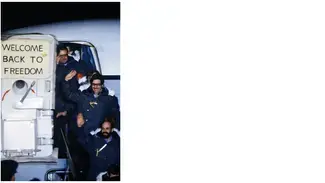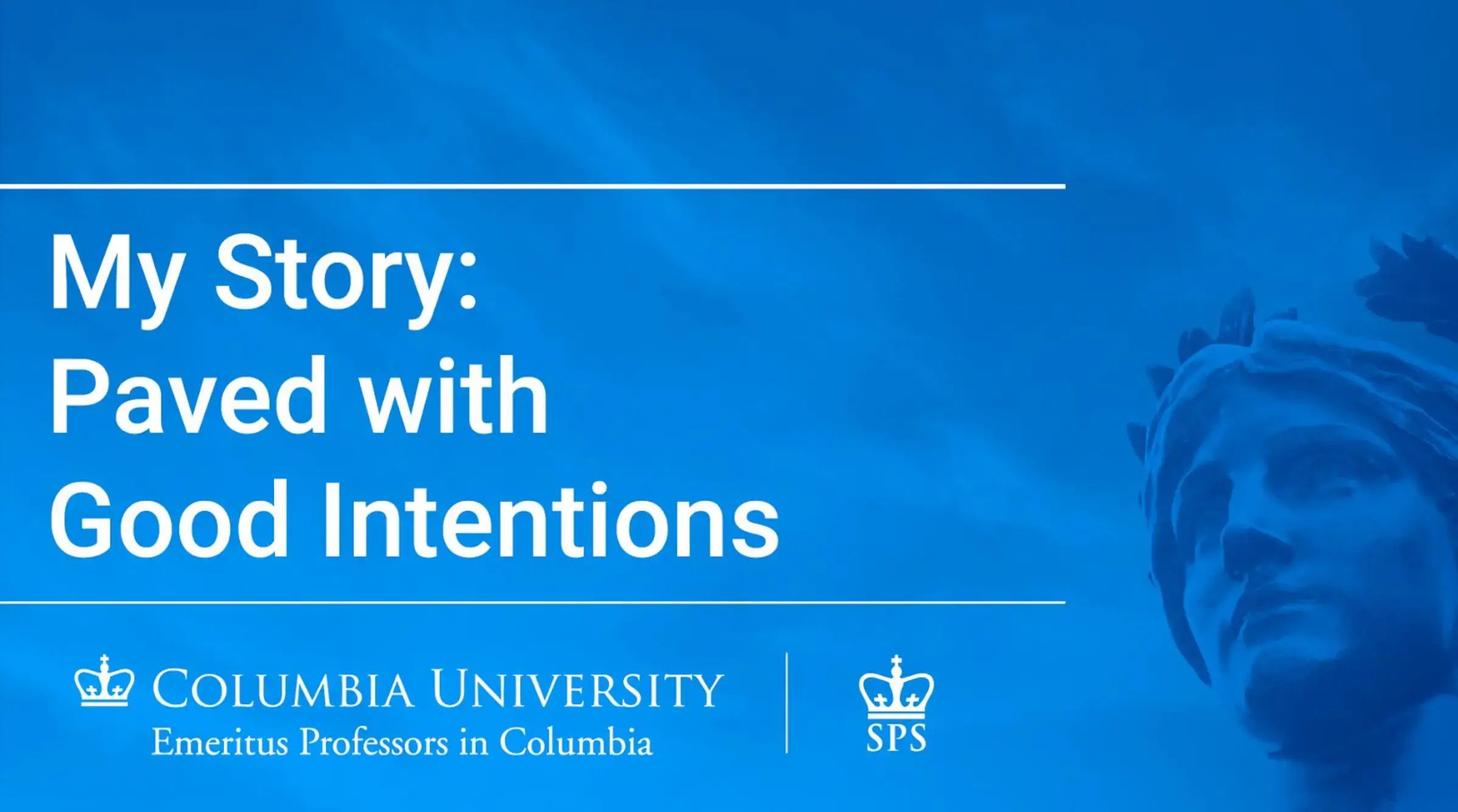Online EPIC/SPS Talk: "My Story: Paved with Good Intentions"
A conversation between Barry Rosen, held hostage in the US Embassy in Tehran for 444 days, and Jo Shepherd, Professor Emerita, Teachers College, Columbia University.
Barry Rosen first went to Iran in 1967 for a two year tour of duty as a Peace Corps Volunteer. He returned to Iran, which he now thought of as a ‘second home,’ in 1978 to serve as Press Attaché for the US Embassy and walked straight into the Iranian Revolution and a consequent global crisis.
Mr. Rosen faced his first challenge on February 14, 1979, when a guerilla group attacked the 26-acre compound with rocket-propelled grenades and automatic weapons forcing the US Ambassador to call on Mr. Rosen to negotiate with the militants and leading to temporary closure of the Embassy and exit of the American staff from Iran. Nine months later hundreds of angry university students successfully breached the Embassy gate and walls and eventually held Mr. Rosen and Embassy colleagues hostage. Throughout that time they were subject to torture and threats of death. Their reality was the 444 days without knowing what was going to happen to them.
In this conversation Mr. Rosen will think back to his hostage experience and the psychological aftermath. He will also speak about events in his life subsequent to his release that are related to his captivity. One of these events explains Professor Shepherd’s participation in the conversation. Mr. Rosen and Ms. Shepherd both worked at Teachers College where Mr. Rosen was Executive Director of External Affairs from 1995-2006. They will save time for questions.
EPIC/SPS Talks, with discussion, are a collaboration between three organizations: Emeritus Professors in Columbia (EPIC); Columbia University School of Professional Studies (SPS); and Morningside Retirement and
Health Services (MRHS).

Iran crisis ex-hostages coming down steps of USAF C-9 plane after release in 1981 (from bottom to top): Barry Rosen, John Limbert & Bert Moore.
The LIFE Images Collection via G
